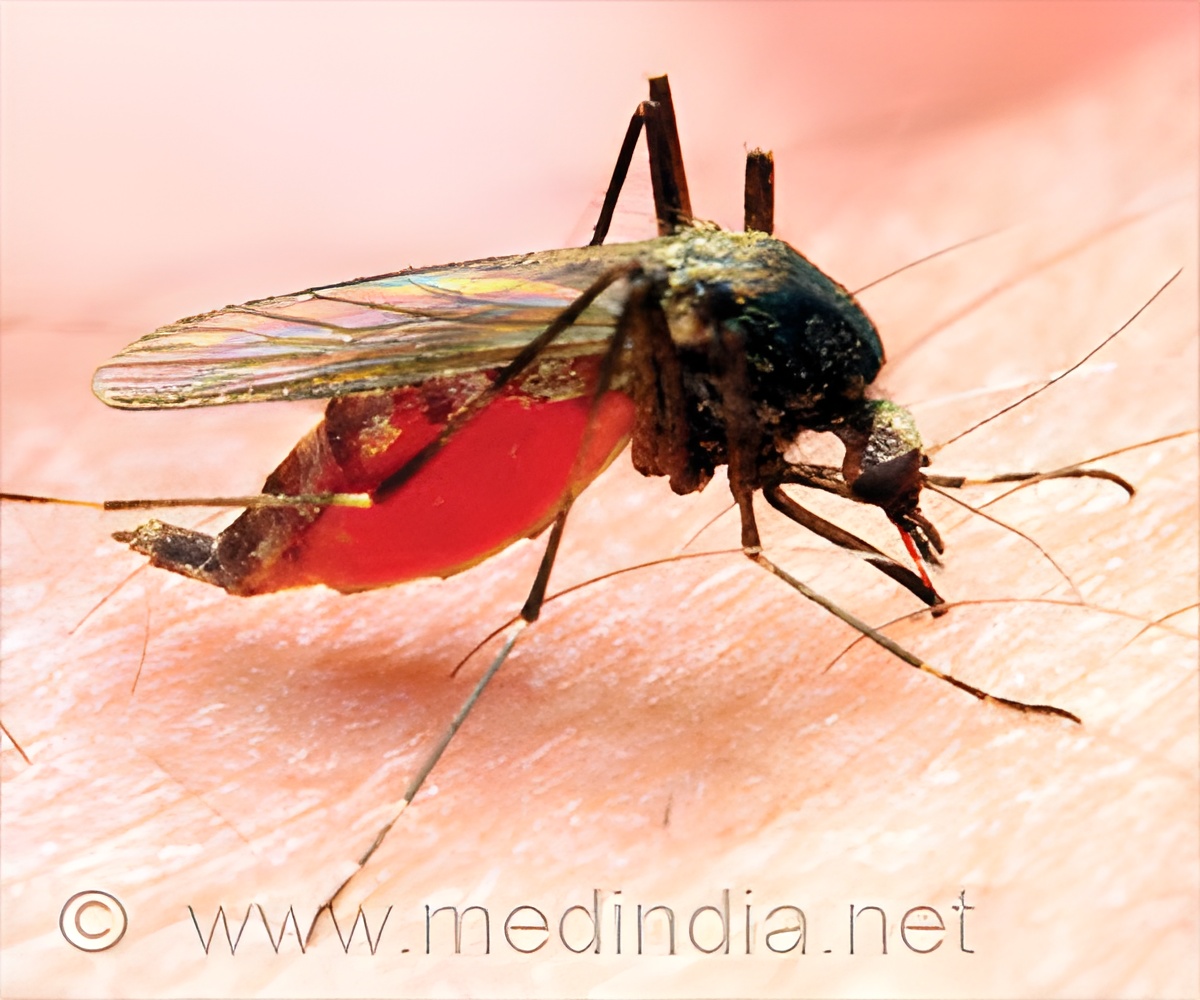Multidrug resistant strains of Plasmodium faliparum (malaria parasite) are increasing in numbers across Asia which requires urgent control and treatment.

- Researchers found malaria superbugs that are resistant to drugs.
- They were identified in Cambodia, Laos and Thailand and threaten to spread through India to Africa.
- These superbugs were fitter and more infectious than previous strains of the malarial parasite
Multi-Drug Resistant Strains
There has been an increase in the multi-drug resistant strains of P.falciparum which the authors of the study warn about- In Cambodia, there is wide spread presence of malaria parasites which are resistant to both piperaquine and artemisinin
- In Northeastern Thailand, Western Cambodia and Southern Laos, there are more virulent multidrug resistant parasites.
Spread of Resistant Malaria Strain Through India
The scientists involved in the study state that consequent spread of the multi-drug resistant strain of malaria parasite via India to the regions of sub-Saharan Africa could result in a global epidemic, leading to catastrophic effects. There has been a warning provided by the study authors to increase monitoring in the Greater Mekong Sub-region with increased efforts to prevent spread to neighboring regions.Prof Sir Nicholas White said that the race to eliminate artemisinin resistant malaria is already a losing battle as the resistance to associated anti-malarial drugs has already begun setting in. He further stated that “The consequences of resistance spreading further into India and Africa could be grave if drug resistance is not tackled from a global public health emergency perspective."
Analysis
The scientists analyzed blood samples of patients who were suffering from uncomplicated falciparum malaria and who were infected in Myanmar, Laos, Thailand and Cambodia. The findings of the study were- The single mutant parasite strain PfKelch13 C580Y had spread across three countries.
- It resulted in replacement of strains that were found to be less resistant to artemisinin combined therapy.
- The strains with the C580Y mutation is not more resistant to artemisinin but is found to be fitter, implying that is transmitted more often and spreads fast.
PfKelch13 C580Y strain of P.Falciparum
Prof. Sir Nicholas White said that the C580Y mutation in P.falciparum was not responsible for the malaria parasite being fitter but other genetic alterations could aid in it being fitter. This has resulted in the evolution of a new lineage of super bugs that are more transmissible and fitter. The senior author stated that the spread of malaria via India and Africa has occured before and the result was the death of millions of people due to the disease. With the spread of drug resistance strains and the lack of effective therapy, it could again be very drastic. There is a concerted effort needed in building collaborative strategies that address the threat in Asia in urgency to prevent a repeat of the earlier epidemic.The Head of Infection and Immunobiology at Wellcome Trust, Dr. Mike Turner said that there were many hundred who lost their lives every year due to infectious and drug resistant strains, which include malaria. This number could increase to millions by 2050 if corrective measures are not taken.
Careful monitoring of the spread of the disease and improvements in care are necessary for
- Diagnosis
- Treatment
- Prevention
Significance of Malaria
Malaria is a cause of public health concern across many regions in the world with transmission occurring regularly. It is a complex disease and varies in intensity based on epidemiology. The most susceptible population are pregnant women, small children, tourists to malaria prone areas who have not been immunized as they could develop fatal illness.Malaria Symptoms
The time taken for the symptoms to start is between 7 to 18 days, based on the parasite that causes the infection. In very rare cases, it could take up to a year for the symptoms to show. The initial symptoms are high fever, headache, chills and vomiting. These symptoms could be mild and it may make it difficult to distinguish it as malaria.However, in certain types of malaria there is a 48 hour fever cycle when there is cold and shivering. There is a period of shivering with the individual feeling cold, followed by high fever and then again sweating and fatigue. The person may also have muscle pain general feeling of tiredness and diarrhea.
There is a very severe form of malaria which is caused by the parasite P.falciarum and without immediate treatment; this infection could become life threatening with difficulty in breathing and organ failure.
References:
- Drug resistance in malaria - (http://www.who.int/csr/resources/publications/drugresist/malaria.pdf)
- Malaria - Symptoms - (http://www.nhs.uk/Conditions/Malaria/Pages/Symptoms.aspx)















